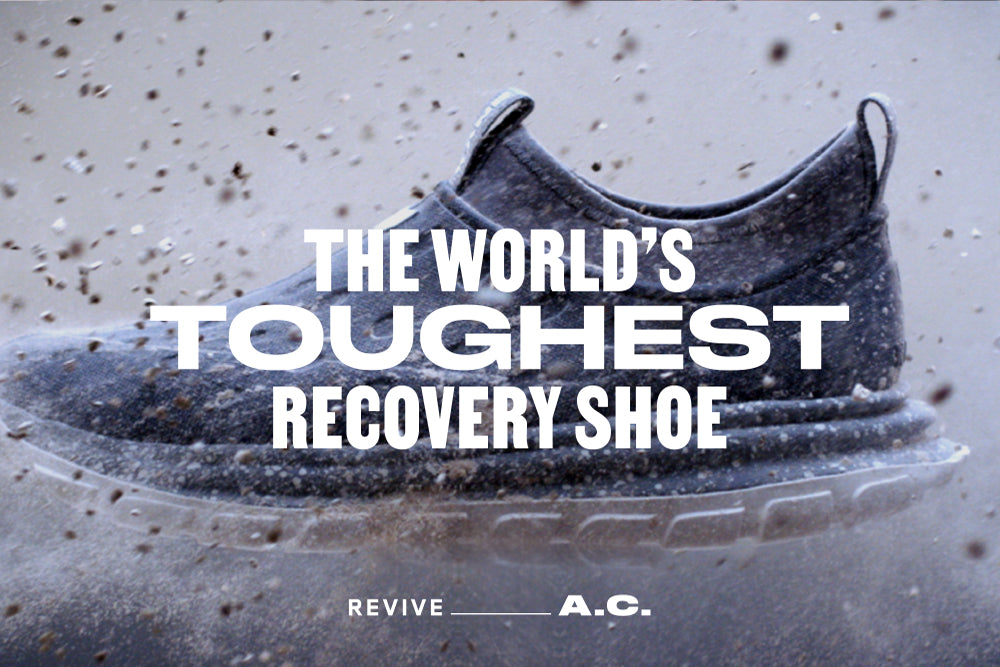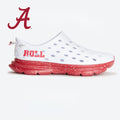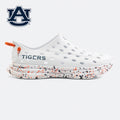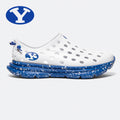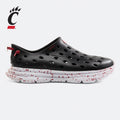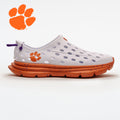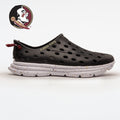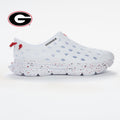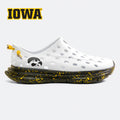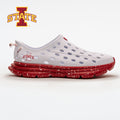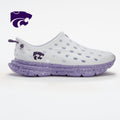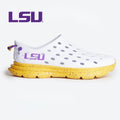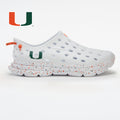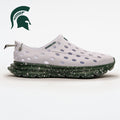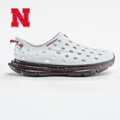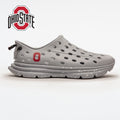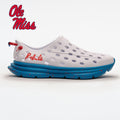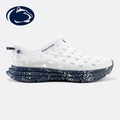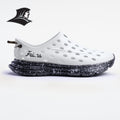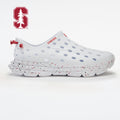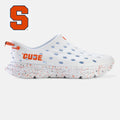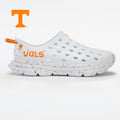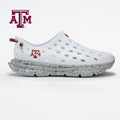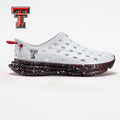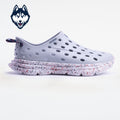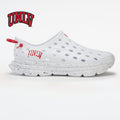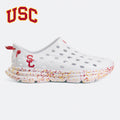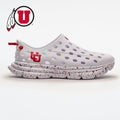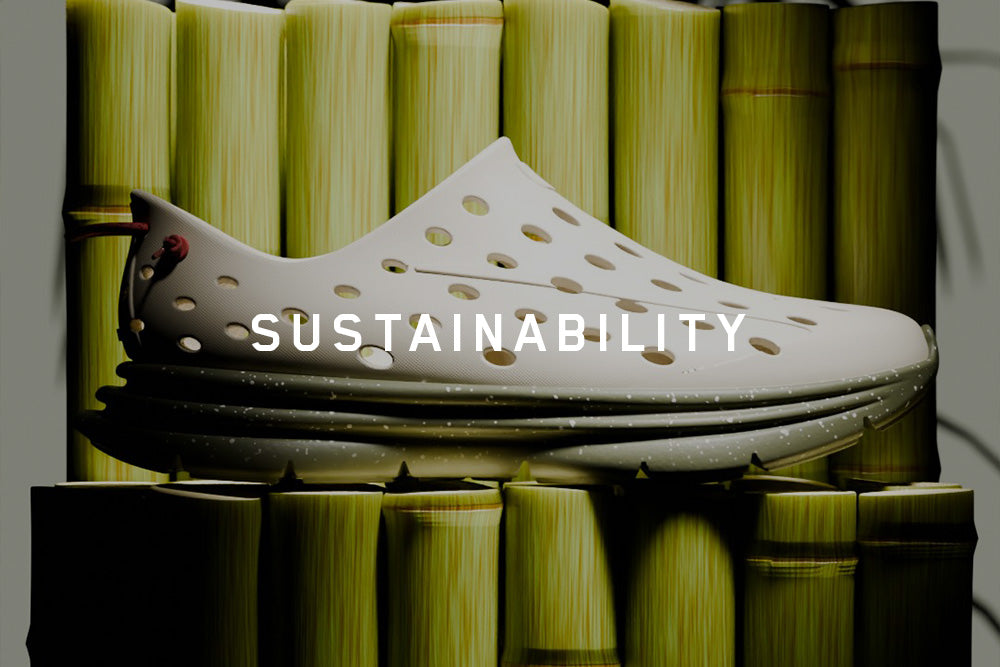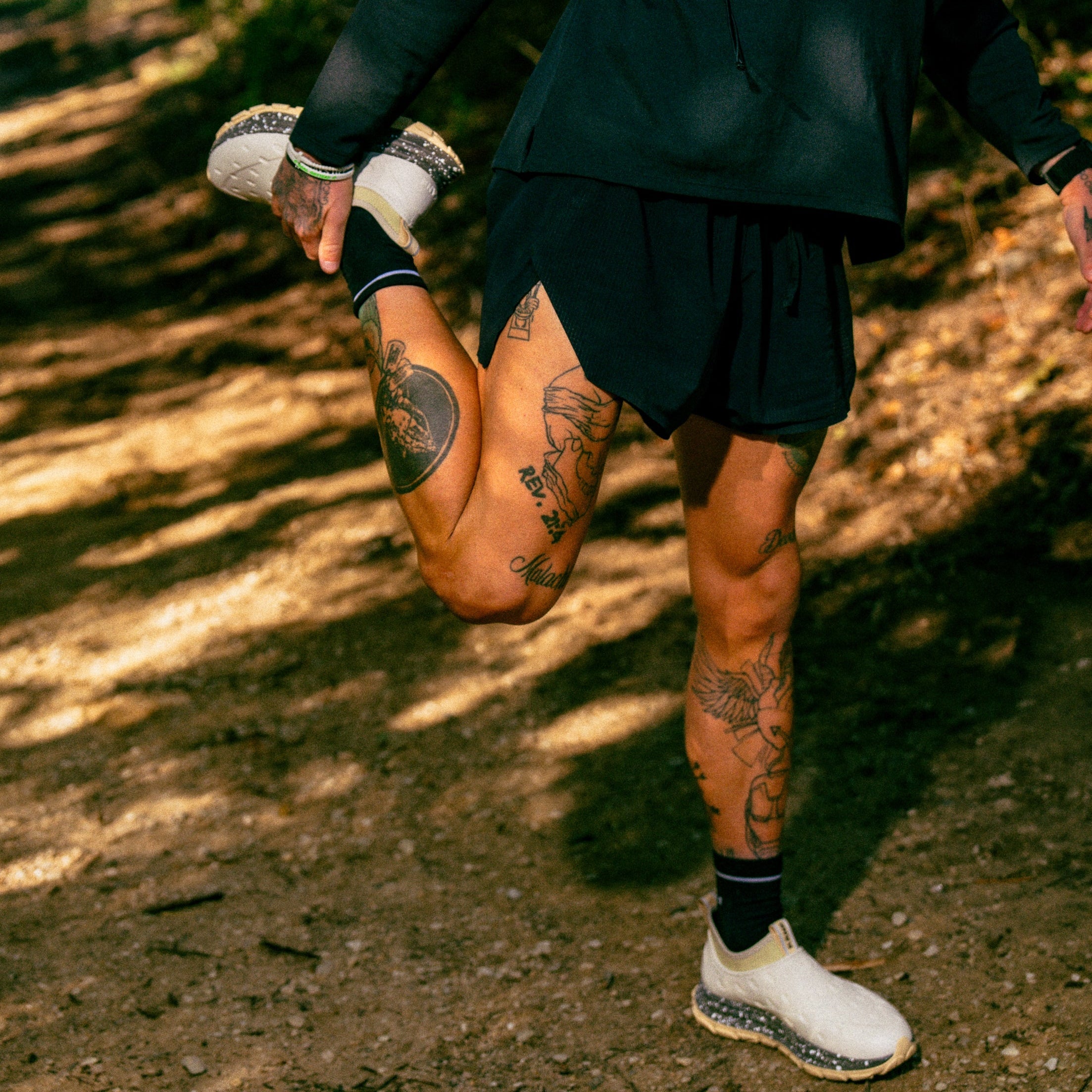
How to prevent DOMS: Your complete guide to managing muscle soreness
You've just finished an incredible workout. You're feeling accomplished and energized. Then, the next day arrives, and so does that familiar feeling—your muscles are screaming in protest. That un...
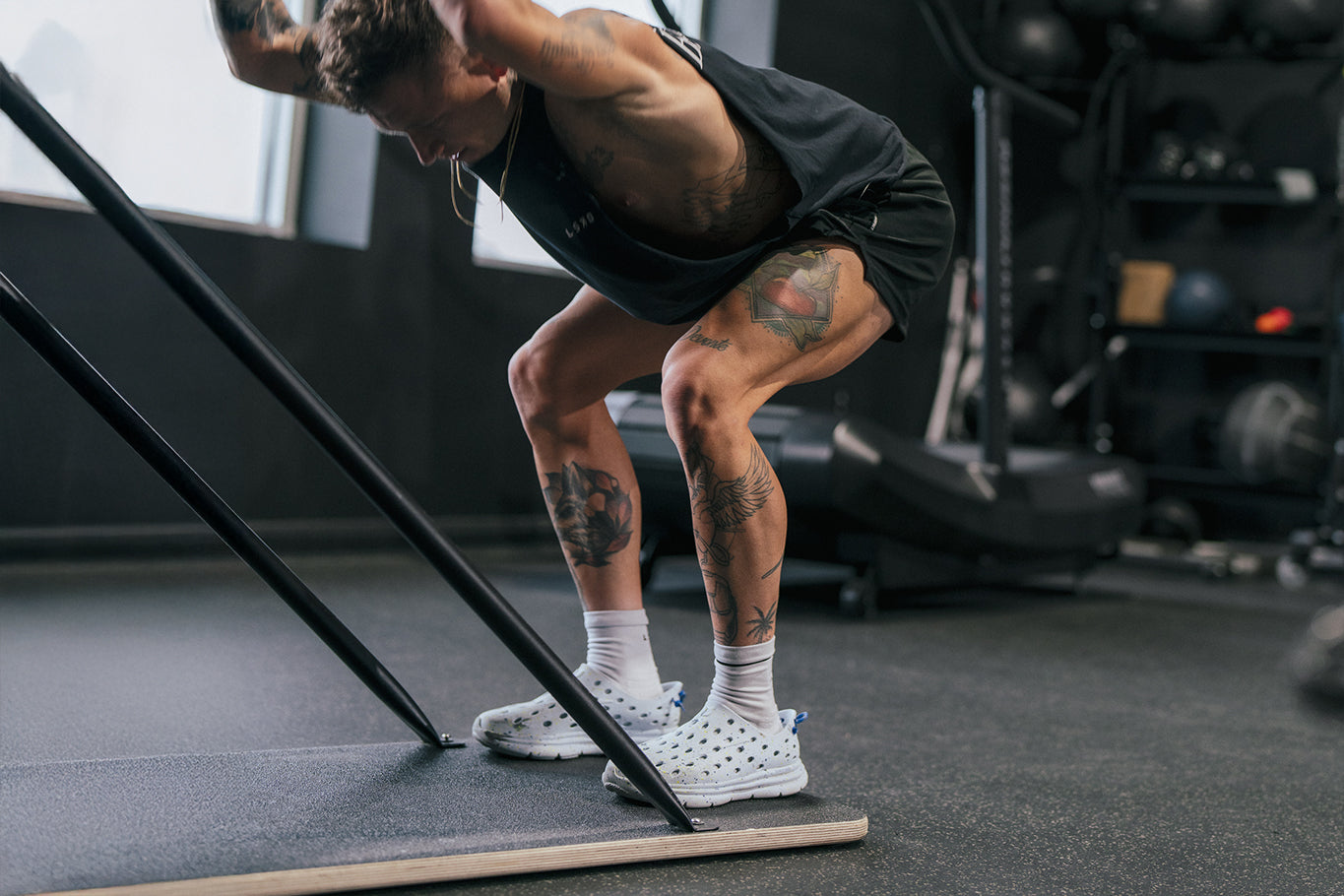
Conquering leg day DOMS: The ultimate recovery guide for serious athletes
You know the feeling: yesterday's leg workout left you feeling accomplished and strong. Today, simply getting out of bed feels like a challenge. What you're experiencing is delayed onset muscle so...
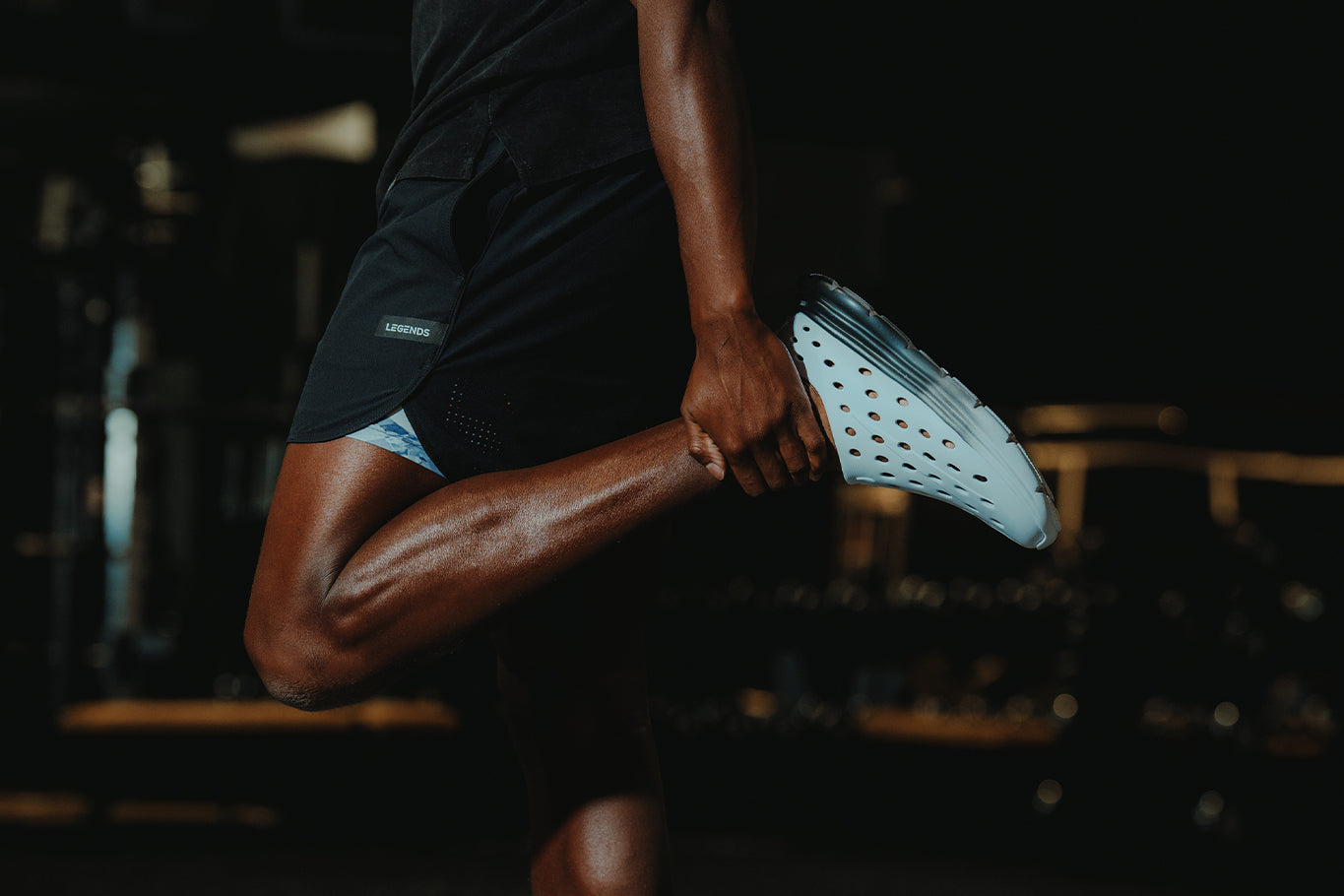
How to get rid of DOMS faster: The complete recovery guide
That feeling of accomplishment after pushing through a challenging workout can quickly fade when you wake up the next day, barely able to move. If you've struggled to walk down stairs or lift your...
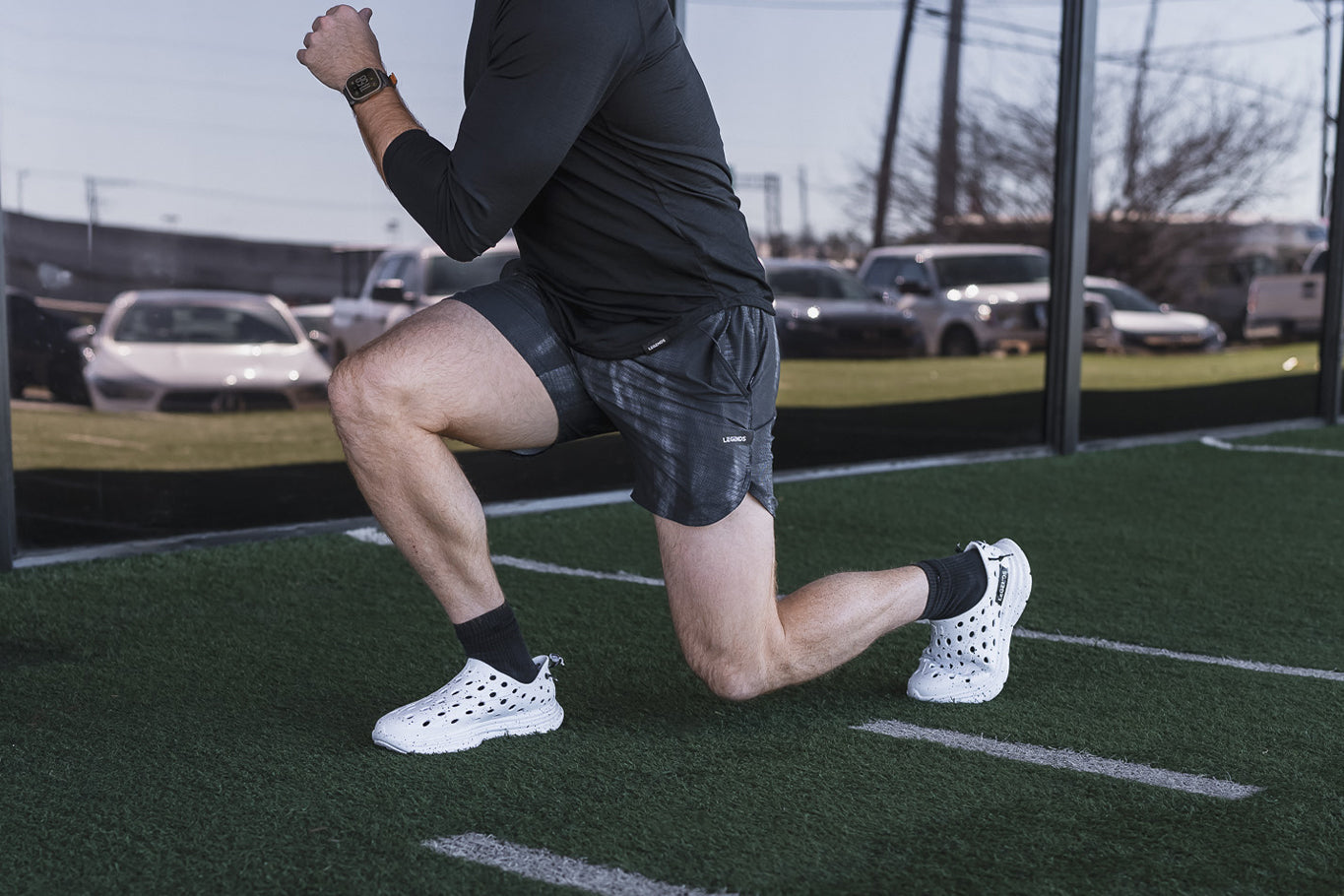
Conquering post-workout pain: How to relieve DOMS in legs
That feeling after leg day—where stairs become your mortal enemy and sitting down is a calculated decision. We've all been there. Delayed onset muscle soreness (or DOMS) can transform a productive...
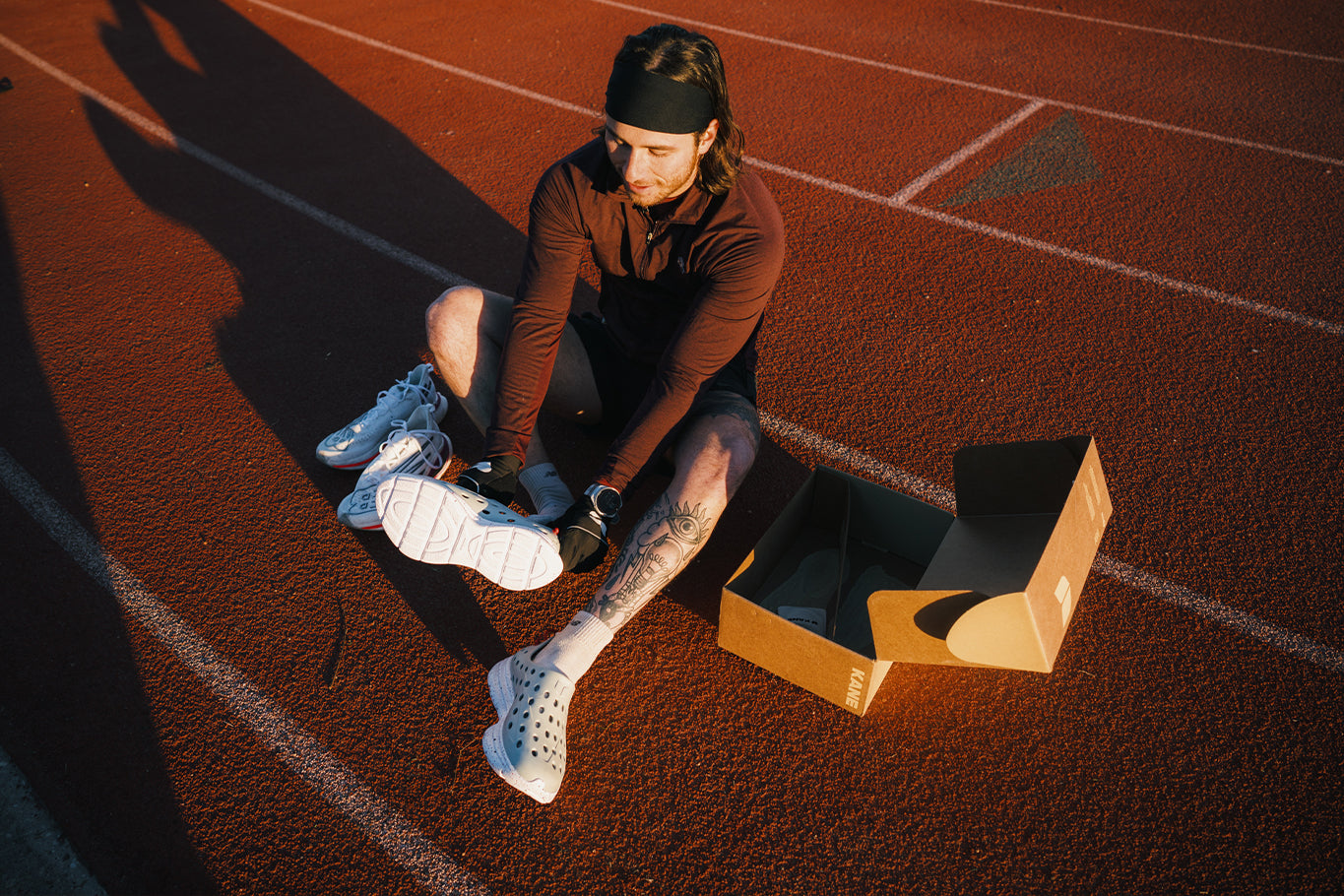
What helps sore muscles after a workout: Your complete recovery guide
That familiar ache after a tough gym session. The stiffness following your first rock‑climbing adventure. If you've ever pushed yourself during exercise, you know precisely what post‑exercise musc...
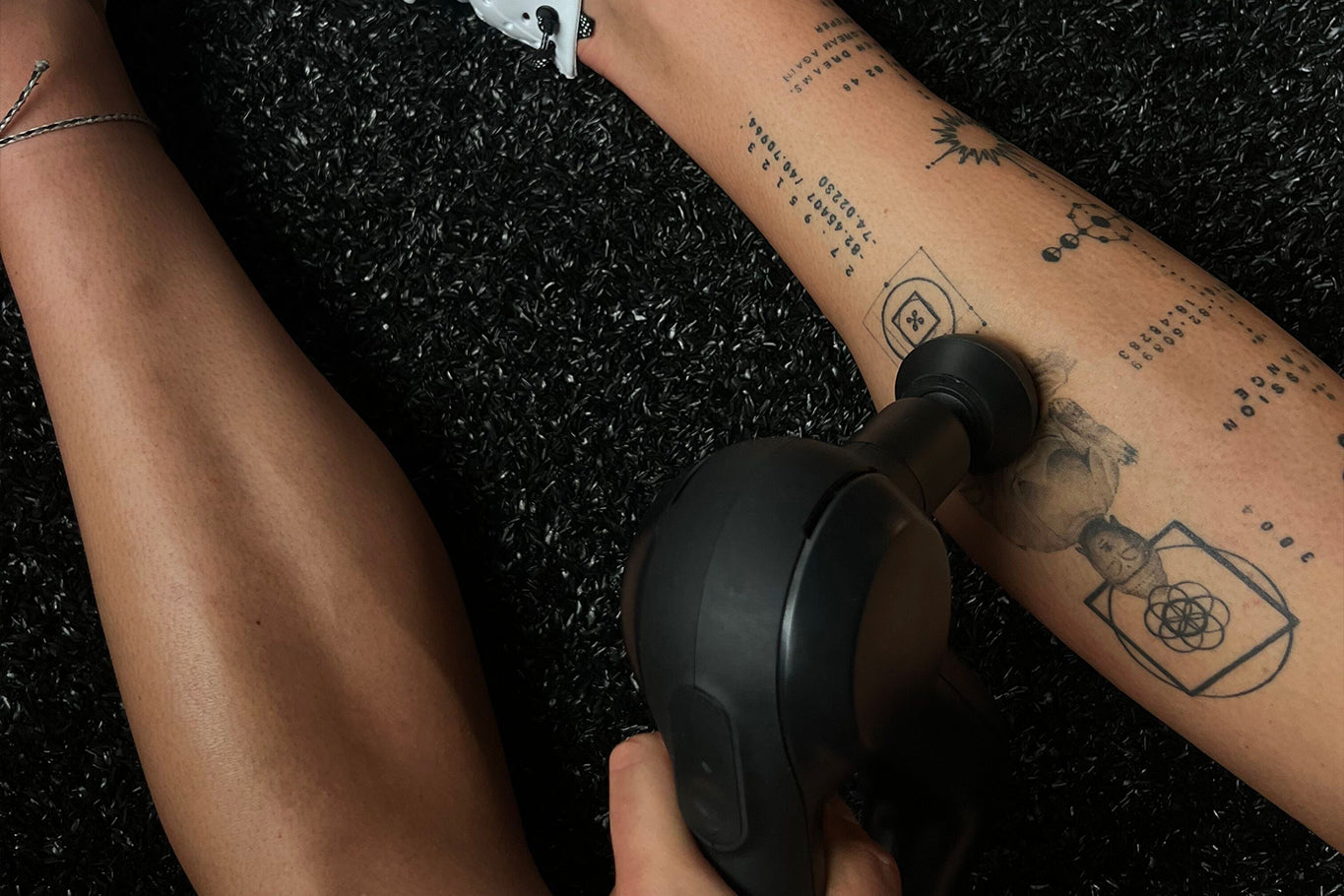
Does massaging sore muscles help? Everything you need to know
Intense workouts often leave us with screaming muscles, and that familiar next‑day struggle just to walk down the stairs. If you're dealing with post‑exercise aches, you've probably wondered: Does...
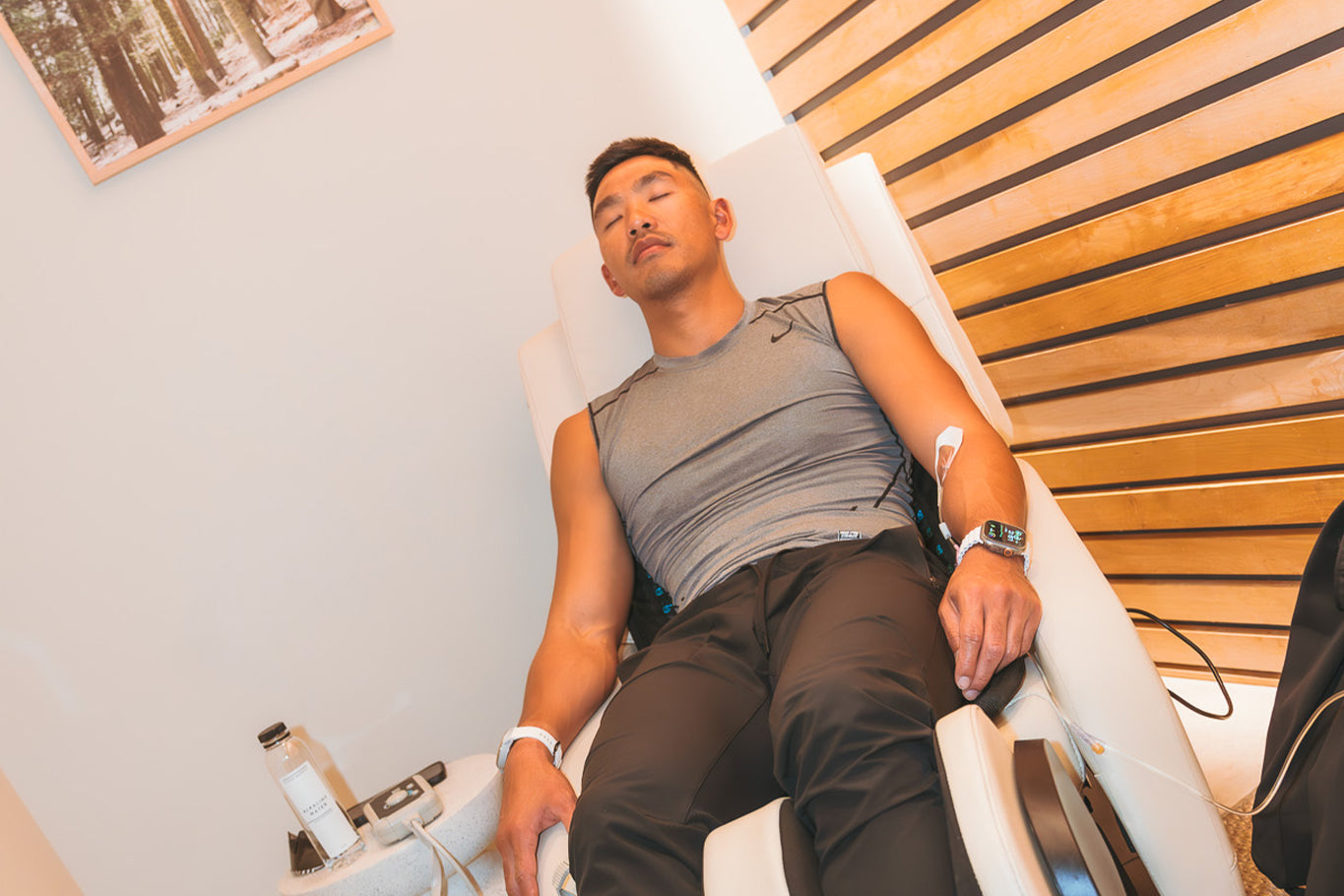
Should you nap after working out? The complete recovery guide
You just crushed an intense exercise routine. Your muscles are throbbing, sweat is still dripping, and all you want to do is collapse somewhere comfortable. The urge to fall asleep hits hard, but ...
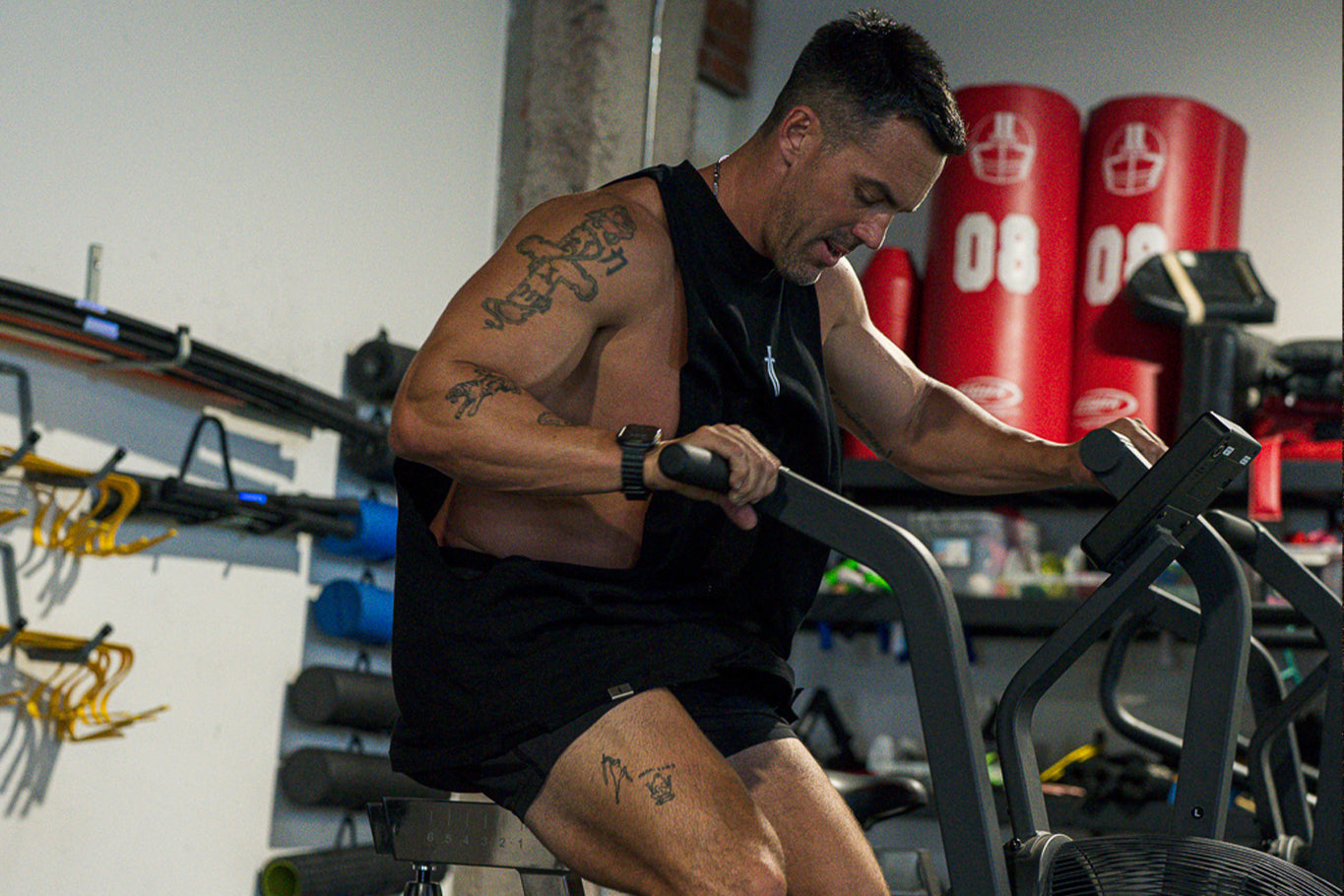
Should I do cardio after lifting? The ultimate guide to maximizing your workout
The short answer to "Should I do cardio after lifting?" is nuanced: Yes, but with strategic planning. While there's no universal one-size-fits-all approach, scientific research and expert insights...
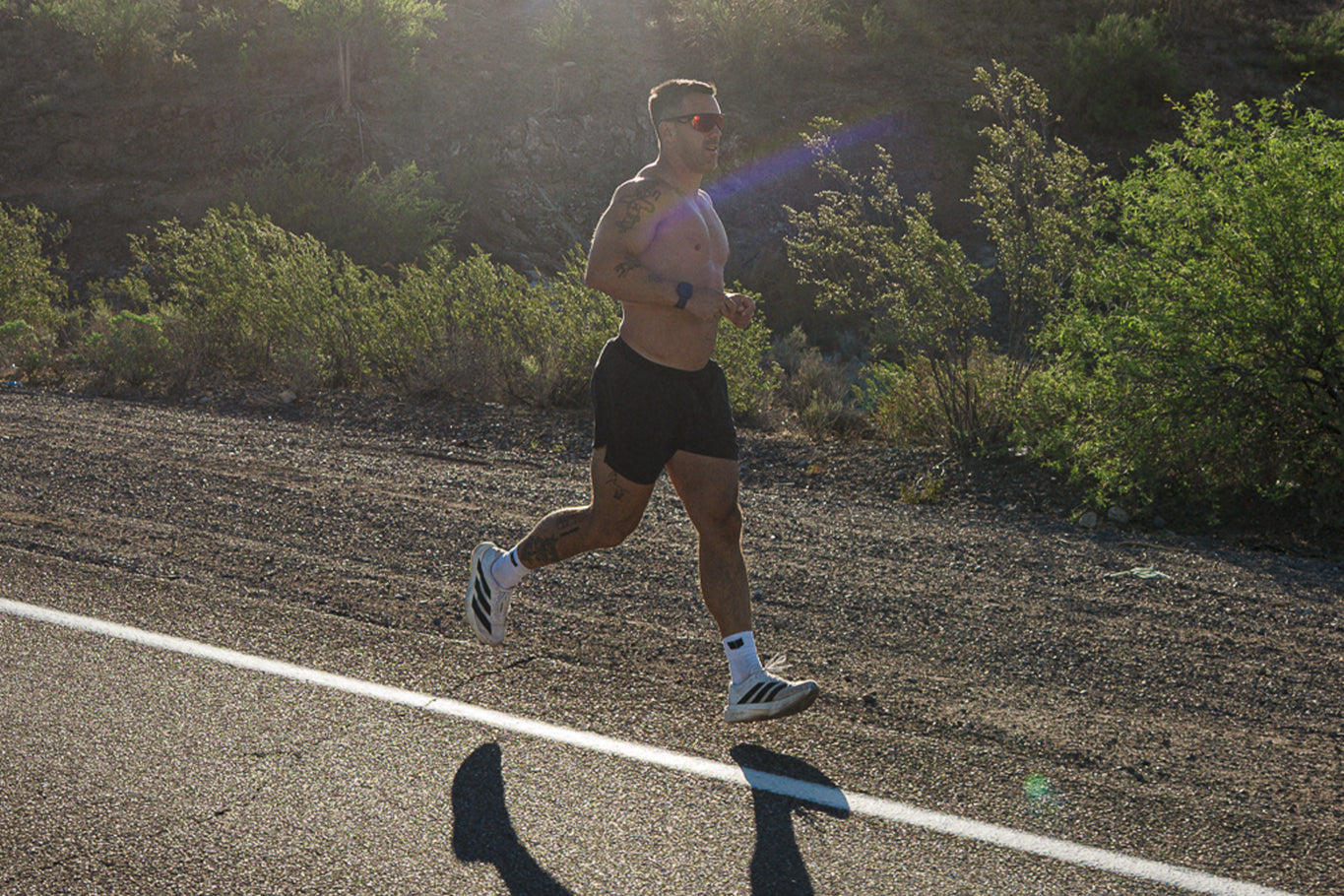
Why are your legs sore after running? Causes, prevention, and recovery
Running is an excellent way to stay fit, but many people—whether new to the sport or seasoned athletes—experience sore legs after running. Understanding the causes behind leg pain and how to preve...
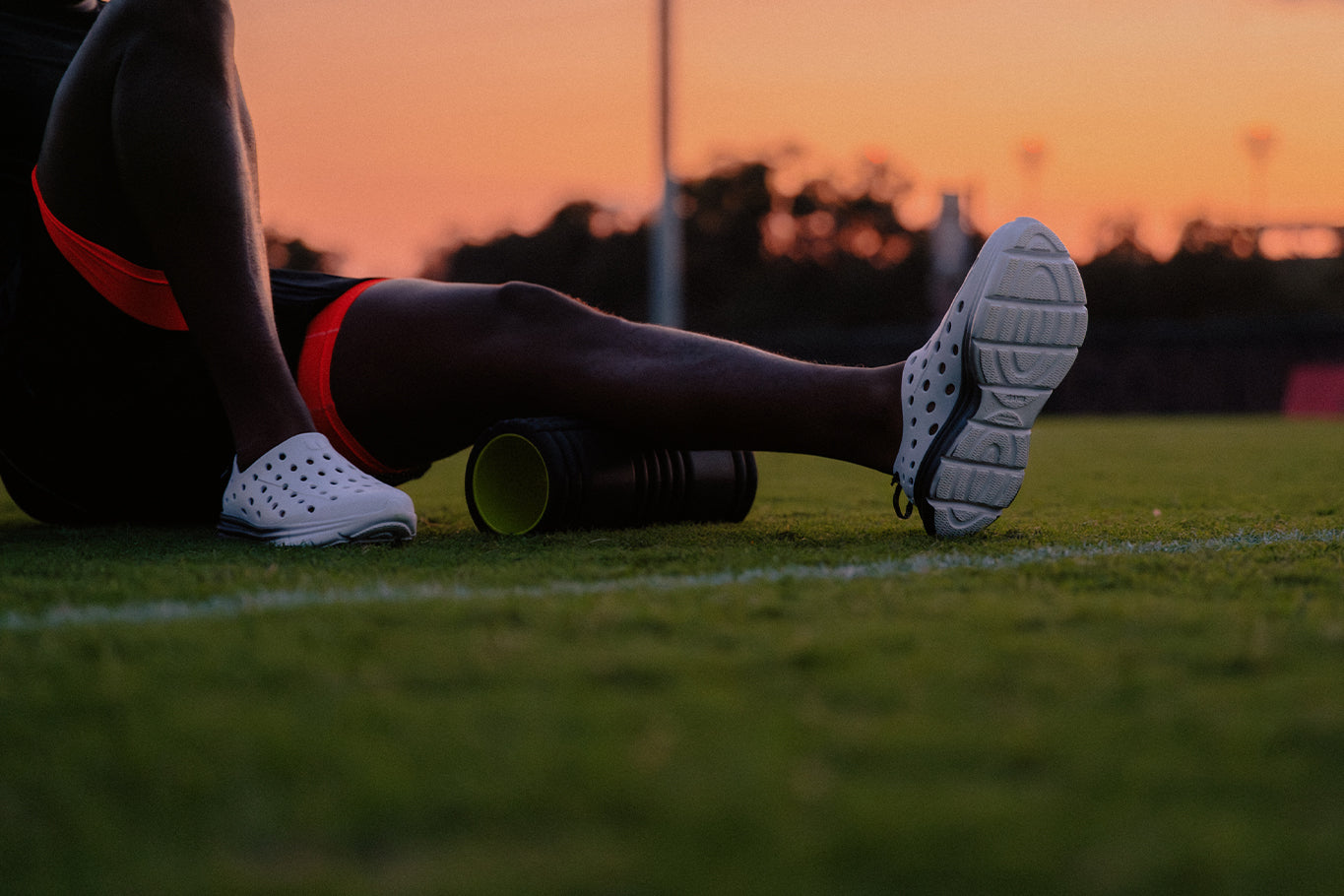
Foam roll before or after exercise? The ultimate guide to maximizing your recovery
Should you foam roll before or after a workout? The short answer is that both have distinct benefits, and the best approach depends on your fitness goals. Foam rolling before exercise prepares you...
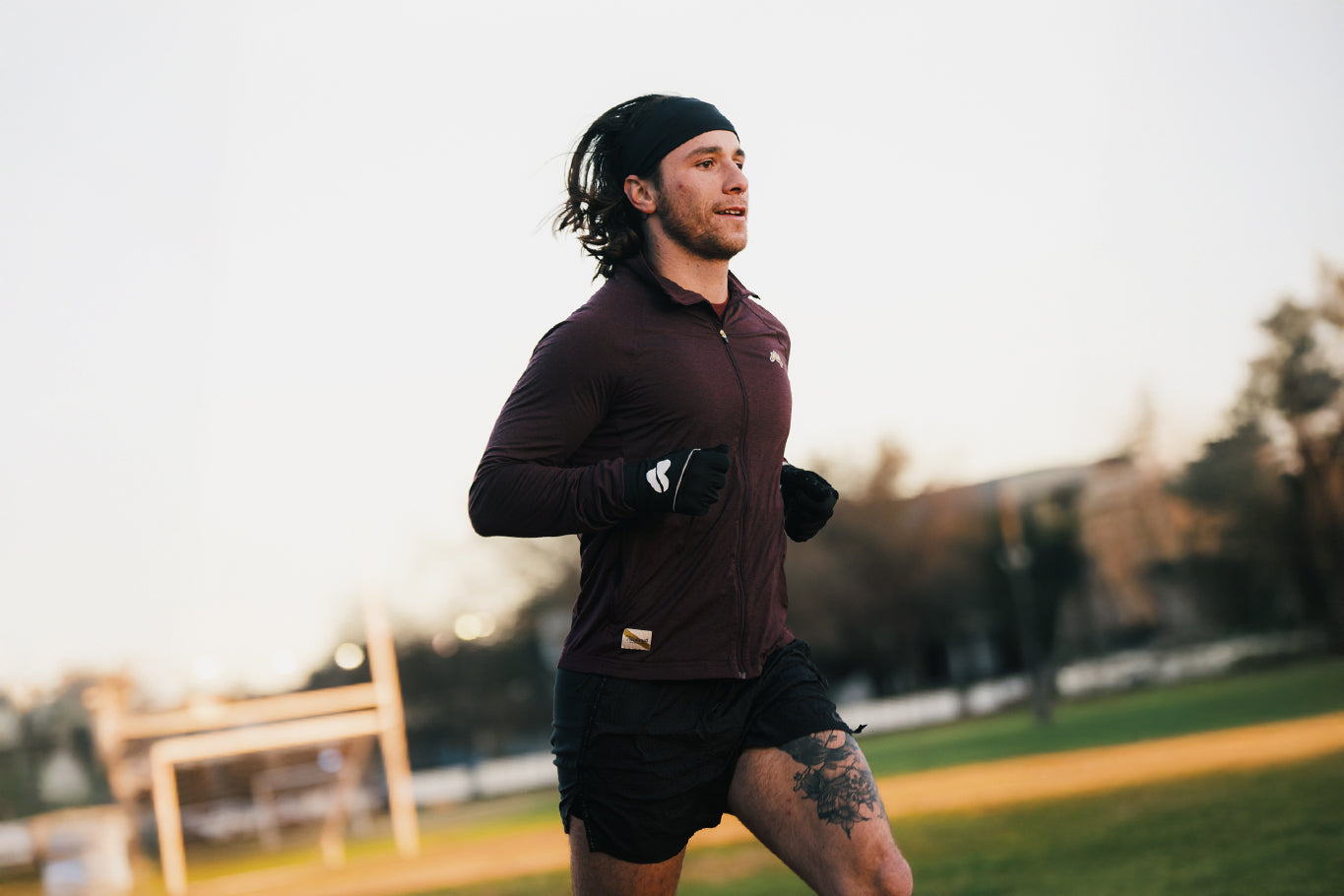
How long should you wait to run after eating? Tips for timing
Running on a full stomach can feel like a recipe for discomfort. That heavy, sloshing feeling as you pound the pavement isn't just unpleasant—it can impact your performance and potentially lead to ...



